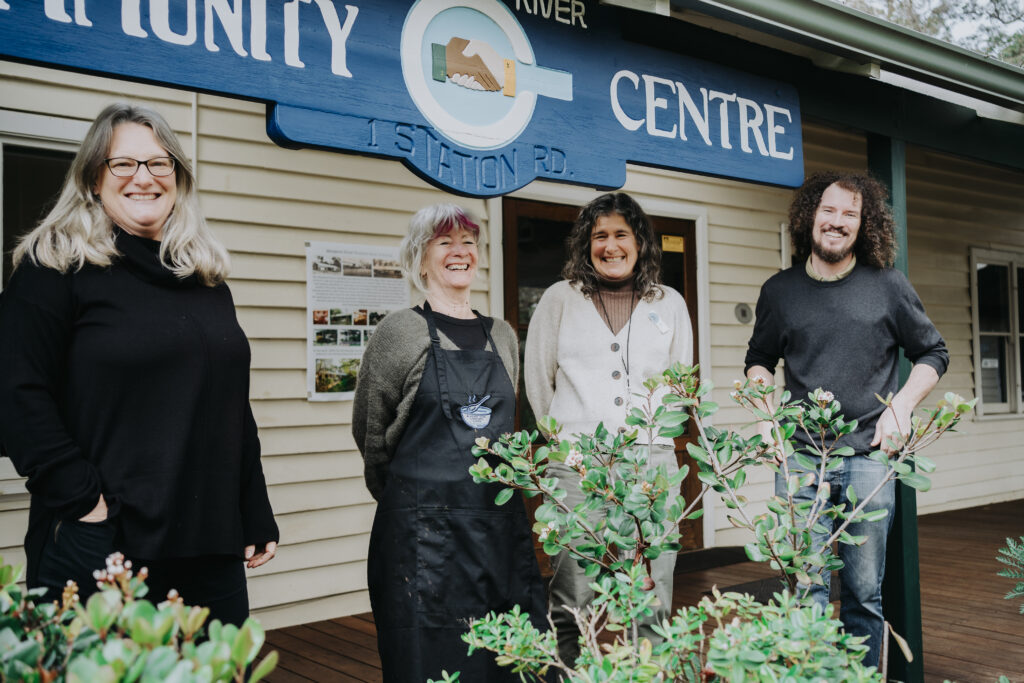Group Slams Health Aid Gap
Article from May 10, 2024 Edition of Augusta Margaret River Times. Written by Warren Hately.
Mindful Margaret River says the State Government is wrong to claim it has addressed the findings of a high-level report into child and adolescent health services for outlying South West communities.
Chief executive Erin Statz told the Times Mental Health Minister Amber-Jade Sanderson — in opening the new $7.1 million hub in Bunbury last month — failed to consider early intervention and education services in communities outside of the major centre.
The not-for-profit group already voiced concerns too many residents would be forced to travel to access expanded services in Busselton and Bunbury. Shire president Julia Meldrum backed those complaints and
directly requested Premier Roger Cook fund a community-based worker to plug the perceived gap.
While the new hub addressed some of the recommendations of the Ministerial Taskforce into Public Mental Health Services for Infants, Children and Adolescents aged zero-to-18 years in WA, Ms Statz said the report also found “telehealth is not the solution”.
“Their own report identified infrastructure is not appropriate for children, families and carers, and information and digital technology does not adequately support the information and care needs of children, families, carers and clinicians,” she said.
“Primary health and other services do not have the capacity to meet the needs of children in the
community.” The report advocated for more services in schools amid what Ms Statz said was a dire lack of early support services, with headspace only catering to teens older than 12 with serious needs.
Ms Sanderson said the new hub was one of the task force’s key recommendations with the service developed in consultation with people with lived experience, clinicians and the local community. A spokesperson for the minister said the State Government had committed $201 million over four
years to increase mental health support services in the State.
“The development of Community ICAMHS was a key recommendation (of the ministerial task
force),” they said.
However, Ms Statz said that task force report found telehealth services weren’t adequate for clients
in outlying communities. “Funding is primarily going into the crisis and acute services and not into prevention or community services,” she said.
“None of this funding will go into the community mental health, early intervention or address the drivers of poor mental health (such as) housing, education, access to health services.”




